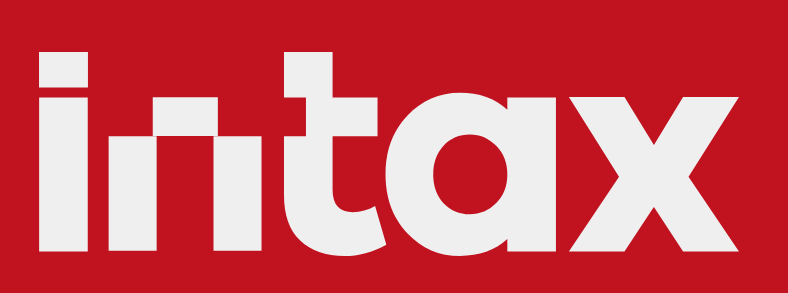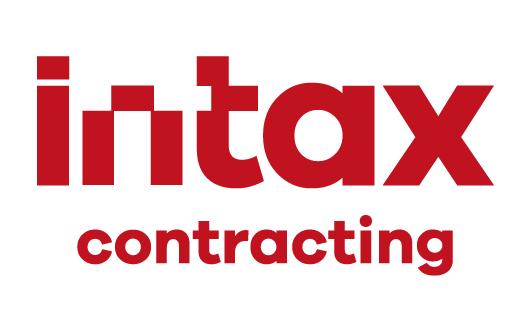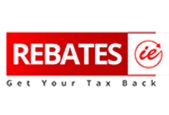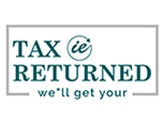We are thrilled to present to you an indispensable resource designed to help you navigate the ever-evolving landscape of financial management in 2024.
In this post, we shed light on recent updates from the Revenue that may influence your tax reporting practices, particularly concerning expenses.
These changes herald an enhanced reporting process, geared towards offering greater transparency and efficiency in documenting the diverse expenses incurred by locum doctors. As you embark on this journey to master your finances, we’ll delve into key areas such as travel and subsistence, remote working daily allowances and small benefits exemption.
Additionally, we’ll provide insights into the number of days allocated for remote working, ensuring you’re well-equipped to optimise your financial strategies while adhering to regulatory requirements.
Let’s delve into these essential aspects together, empowering you to make informed decisions and maximise your financial well-being.
Travel Vouched: Vouched expenses entail a situation where employees furnish receipts and in turn, the employer reimburses them for the documented value. This system ensures transparency and accuracy in expense reporting. For travel-related expenses, such as public transportation fares, maintaining proper documentation remains essential. By consistently providing receipts, you can continue to claim vouched travel expenses, facilitating seamless reimbursement processes.

Travel Unvouched: On the other hand, unvouched expenses offer flexibility for locum doctors, particularly in scenarios where receipts for your expenditures might not be readily available. However, this doesn’t mean that these expenses are ineligible. For travel expenses, such as mileage travelled using personal vehicles, meticulous record-keeping is imperative. By maintaining thorough records of your travel-related expenditures, including distances travelled and associated costs, you can ensure compliance with expense policies while optimising your reimbursement potential.
Subsistence Vouched: When it comes to subsistence expenses, it’s crucial to maintain transparency and accuracy in documentation. For meals and accommodation expenses, it’s imperative to continue providing receipts for vouched subsistence expenses. By adhering to this practice, you ensure compliance with expenses policies while facilitating seamless reimbursement processes.
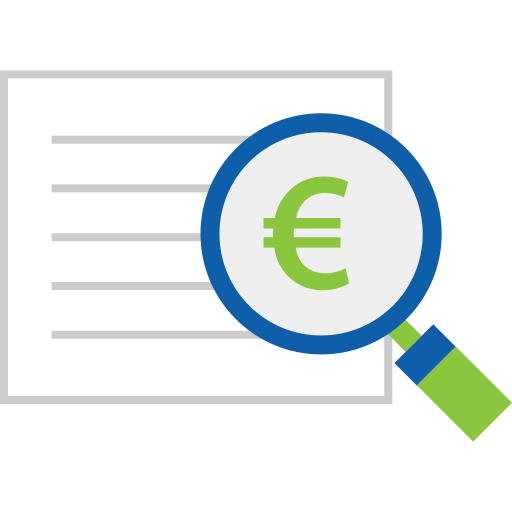
Subsistence Unvouched: On the other hand, unvouched expenses offer flexibility in situations where receipts might not be readily available. Unvouched subsistence expenses, such as meals and accommodation incurred at locations other than the normal workplace, remain eligible. These expenses are reimbursed based on day rates as per civil rates, ensuring that you’re still able to claim subsistence expenses effectively, even without receipts.
Site-based employees play a pivotal role in various industries, often traversing different locations as part of their job responsibilities. Unlike those with fixed bases, site-based employees perform their duties at diverse locations, typically for periods longer than a single day. In facilitating their mobility and ensuring fair compensation, employers can cover their employees’ travel and subsistence expenses, subject to certain conditions.

The approved rate, currently set at €181.60 per week, serves as the cap for reimbursable expenses. However, exceptions apply in cases where employees aren’t responsible for their travel costs, receive board and lodgings, or were hired for a single-site assignment.
Crucially, for employees to qualify for these expenses, they must be engaged at a site located at least 32 kilometres (20 miles) away from the employer’s base. This framework not only acknowledges the unique needs of site-based employees but also underscores the importance of fair and equitable compensation practices within the workforce.
In the realm of emergency situations, where immediate attention is paramount, employers and employees alike face unique considerations regarding travel expenses. When an employee must address a work-related emergency outside of their regular hours, reimbursement of associated travel costs can be made tax-free by the employer. This includes expenses incurred for taxis or mileage, utilising Civil Service rates as guidelines.
However, it’s crucial to note that there are limitations to tax-free reimbursements. Employers can provide tax-free reimbursement for a maximum of 60 emergencies per year. It’s essential to discern what constitutes an emergency in this context; it does not include instances such as replacing an absent staff member, handling increased workloads, or attending routine events. By understanding these distinctions, employers can ensure fair and compliant reimbursement practices while addressing critical situations effectively.
For site-based employees in certain sectors, employers have the option to provide a tax-free “eating on-site” allowance, facilitating fair compensation for meal expenses incurred during work hours. To qualify for this allowance, employers must not offer facilities for making tea, coffee, or other refreshments on-site, and employees should not receive any other tax-free subsistence payment.
Additionally, employees must work on-site for a minimum of 1.5 hours before and after their regular lunch break. Currently set at €5 per day, this daily meal allowance can be claimed for each day that employees incur expenses related to meals while on duty, ensuring that employees are adequately supported in meeting their nutritional needs during working hours.
In certain employment arrangements, employees may receive a fixed weekly or monthly ’round sum’ intended to cover expenses, regardless of the actual expenses incurred. However, it’s essential to note that such ’round sum’ payments specifically designated for expenses are taxable and subject to PAYE deductions.

In instances where taxes have been deducted from these allowances at the source, employees have the option to claim a tax deduction for the actual expenses related to travel and subsistence incurred during the performance of their duties.
Since 1 January 2022, employers have been granted the opportunity to provide employees with up to two tax-free small benefits annually, following amendments unveiled in the Budget on 27 September 2022. These benefits, capped at a combined value of €1,000, must be non-monetary in nature, offering a range of possibilities for employee appreciation beyond mere cash rewards.
It’s crucial to note that if more than two benefits are conferred within a calendar year, only the initial pair qualify for tax-exempt status. Any remaining allowance cannot be rolled over into subsequent periods, emphasising the importance of judiciously utilising this tax benefit for employee recognition and morale boosting.
To adhere to the newly implemented enhanced reporting process, it is imperative to maintain meticulous documentation for all expense claims. This entails comprehensive records for each expense, comprising receipts, invoices, and a concise explanation of the purpose behind every expenditure.

Additionally, for unvouched expenses, it’s essential to furnish supplementary details regarding the nature and essentiality of the claimed expenses. These modifications aim to establish a more transparent and accountable procedure specifically tailored for locum doctors. By embracing and conforming to these enhanced reporting requirements, individuals can streamline their tax reporting procedures, ensuring both efficiency and compliance.
As we conclude this comprehensive guide to mastering your finances as Beacon Locum Contracting Professionals, it’s important to acknowledge the complexity of tax regulations and the intricacies of expense management. Our aim has been to empower you with the knowledge and insights needed to navigate these challenges effectively.
Remember, staying informed and compliant is key to safeguarding your financial well-being. If you have any questions or concerns regarding tax regulations or expense management, don’t hesitate to reach out to us. We’re here to support you every step of the way. Stay informed, stay compliant.
Information
Under InTax, there are an array of other services on offer to make your financial affairs less stressful. InTax offers tailored accounting, expertise, and in-depth knowledge of local tax law. From bookkeeping to filing a tax return, they can help you with your finances.
